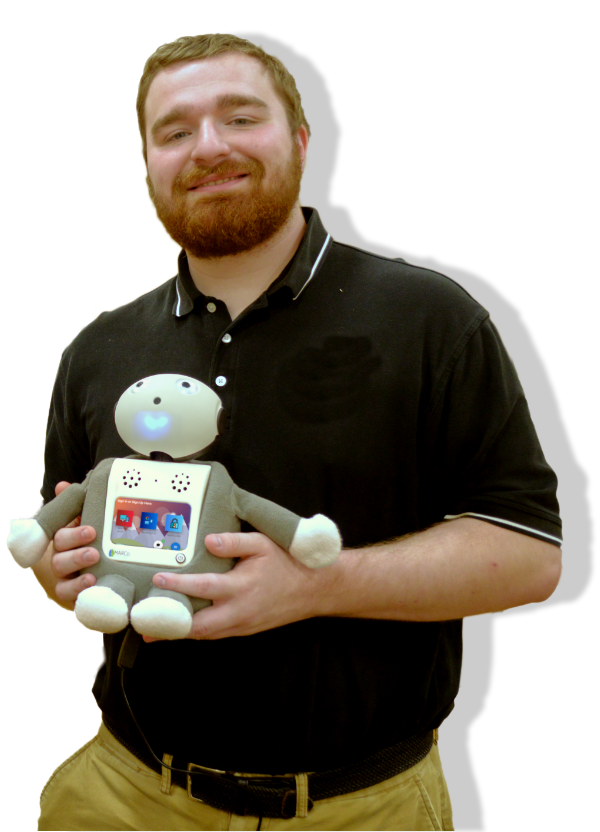Obsessive-compulsive disorder (OCD) impacts millions of individuals globally. Marked by intrusive thoughts and repetitive behaviors, it often leads to substantial distress and disruption in daily life. Until recently, OCD was poorly understood. However, in recent years, an upsurge in research has shed new light on the disorder and its root causes. This ongoing exploration is unveiling fresh perspectives on understanding and managing OCD, providing hope for the millions grappling with this condition.
Dr. Jeff Schwartz, a professor of psychiatry at UCLA and author of the book ‘Brain Lock,’ contends that individuals with OCD can gain control over their intrusive thoughts and compulsive behaviors by altering their relationship with their thoughts. He instructs them to perceive their thoughts as separate objects, distinct from themselves. This approach enables individuals to observe their thoughts without judgment and release them without becoming entangled in them.
The Neuroscience of OCD
Neuroscience stands as one of the most fascinating domains of OCD research. Scientists employ brain imaging and various methodologies to delve into the distinct functioning of the brains of individuals with OCD compared to those without the disorder. For instance, a study uncovered heightened activity in the prefrontal cortex—a region linked to planning and decision-making—in individuals with OCD. This suggests potential difficulties in regulating thoughts and behaviors for those with the condition.
Another study revealed reduced connectivity between the prefrontal cortex and the striatum—an area associated with reward and motivation—in individuals with OCD. This finding hints at a potential decreased inclination for engaging in rewarding activities, such as social interactions or hobbies, among those with OCD.
Genetic influences on OCD
Furthermore, research has established a significant genetic aspect to OCD. Studies have pinpointed several genes linked to an elevated susceptibility to developing the disorder. These genes play roles in diverse brain functions, encompassing neurotransmitter function, neuroplasticity, and inflammation.
Environmental factors that contribute to OCD
While genetics contribute significantly to OCD, environmental factors also exert influence. Childhood trauma, stressful life events, and substance abuse, among other factors, can heighten the risk of developing OCD.
New and emerging treatments for OCD
The latest insights into the neuroscience and genetics of OCD are paving the way for the development of enhanced treatments for the disorder. For instance, researchers are creating novel medications targeting specific brain circuits implicated in OCD.
Moreover, non-medication therapies like cognitive-behavioral therapy (CBT) and exposure and response prevention (ERP) are under exploration for treating OCD. These therapies focus on altering thoughts and behaviors.
The evolution of these new and more efficient treatments equips individuals with OCD with effective tools to manage their symptoms and lead fulfilling lives.
If you are struggling with OCD, there are a number of things you can do to get help:
- Talk to your doctor or a mental health professional. They can assess your symptoms and recommend the best course of treatment for you.
- Learn about OCD and the different treatment options available. There is a wealth of information available online and in libraries.
- Join a support group for people with OCD. This can be a great way to connect with others who understand what you are going through and to learn from their experiences.
- Practice self-care. Make sure to get enough sleep, eat a healthy diet, and exercise regularly. Taking care of your physical and emotional health can help you to manage your OCD symptoms more effectively.
You may also be interested in: Mental Health Resources – MARCo
Meet MARCo – Your Ultimate Mental Health Ally
You don’t ever have to face your mental health struggles alone. Unlike basic mental health apps that focus on only one area of your mental health, MARCo is a Mental Health Assisting Robot Companion that takes care of all aspects of your mental well-being. Whether you’re battling anxiety, seeking solace in an existential crisis, or just need a mood boost, MARCo is your 24/7 companion.
Don’t face mental health challenges alone — bring MARCo into your life today!




